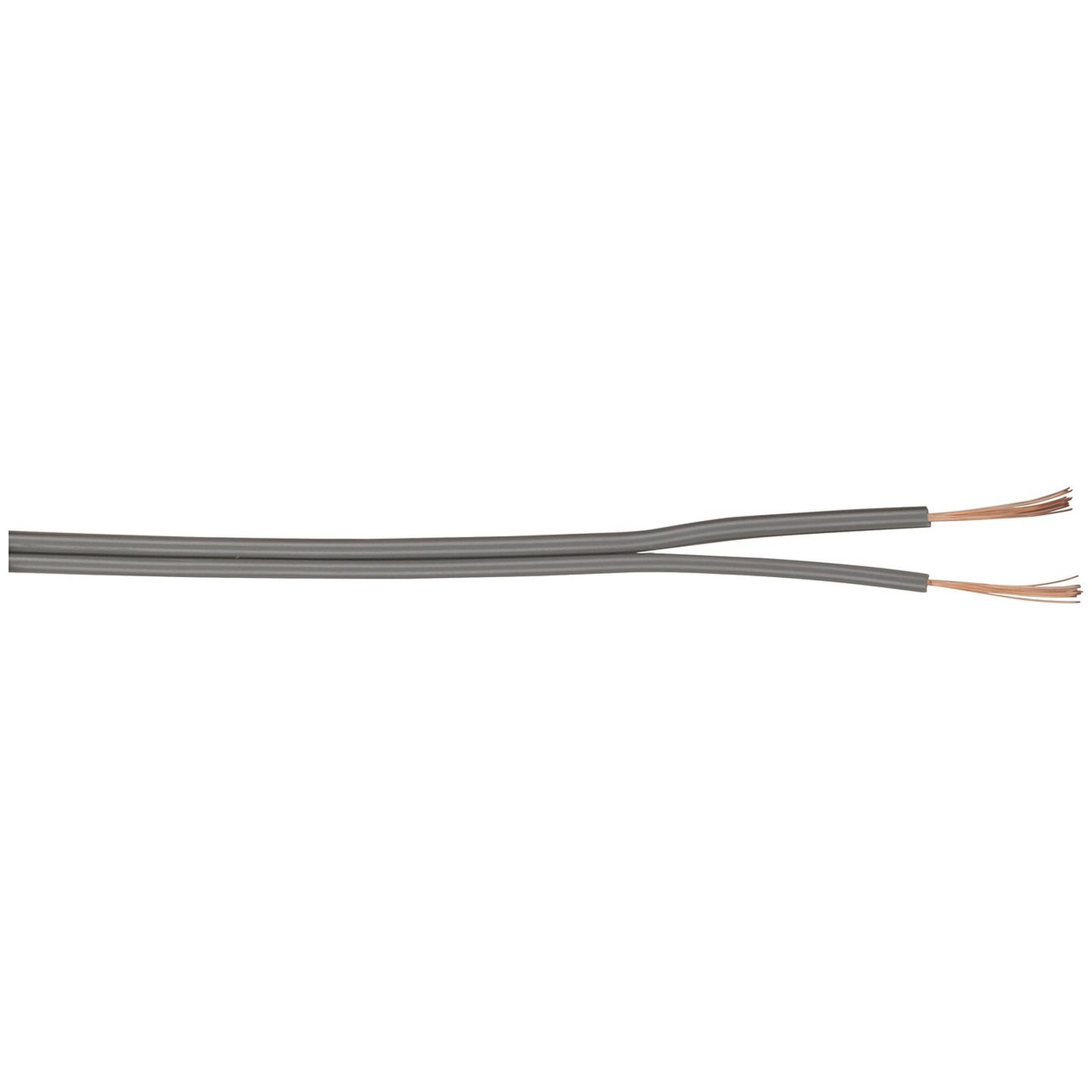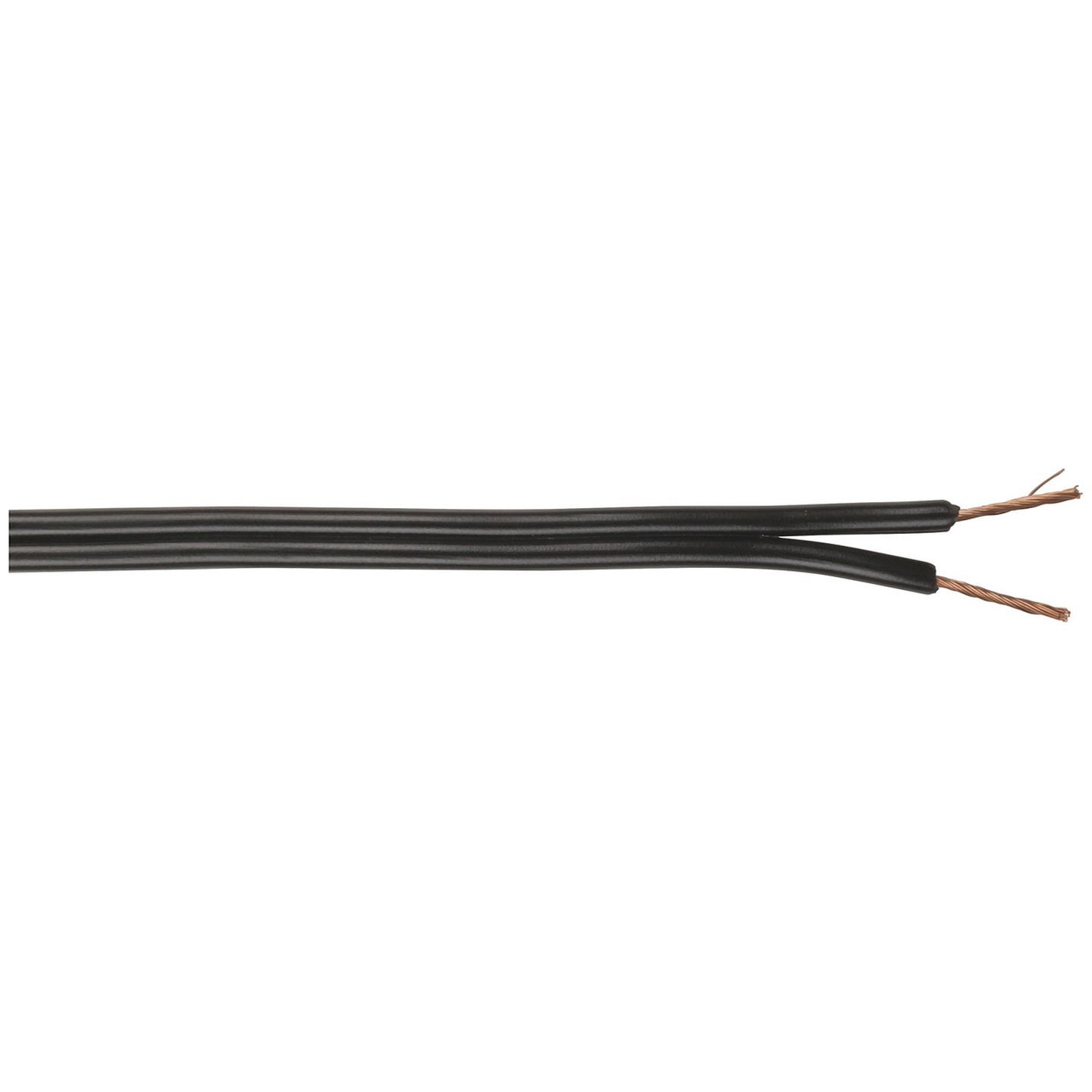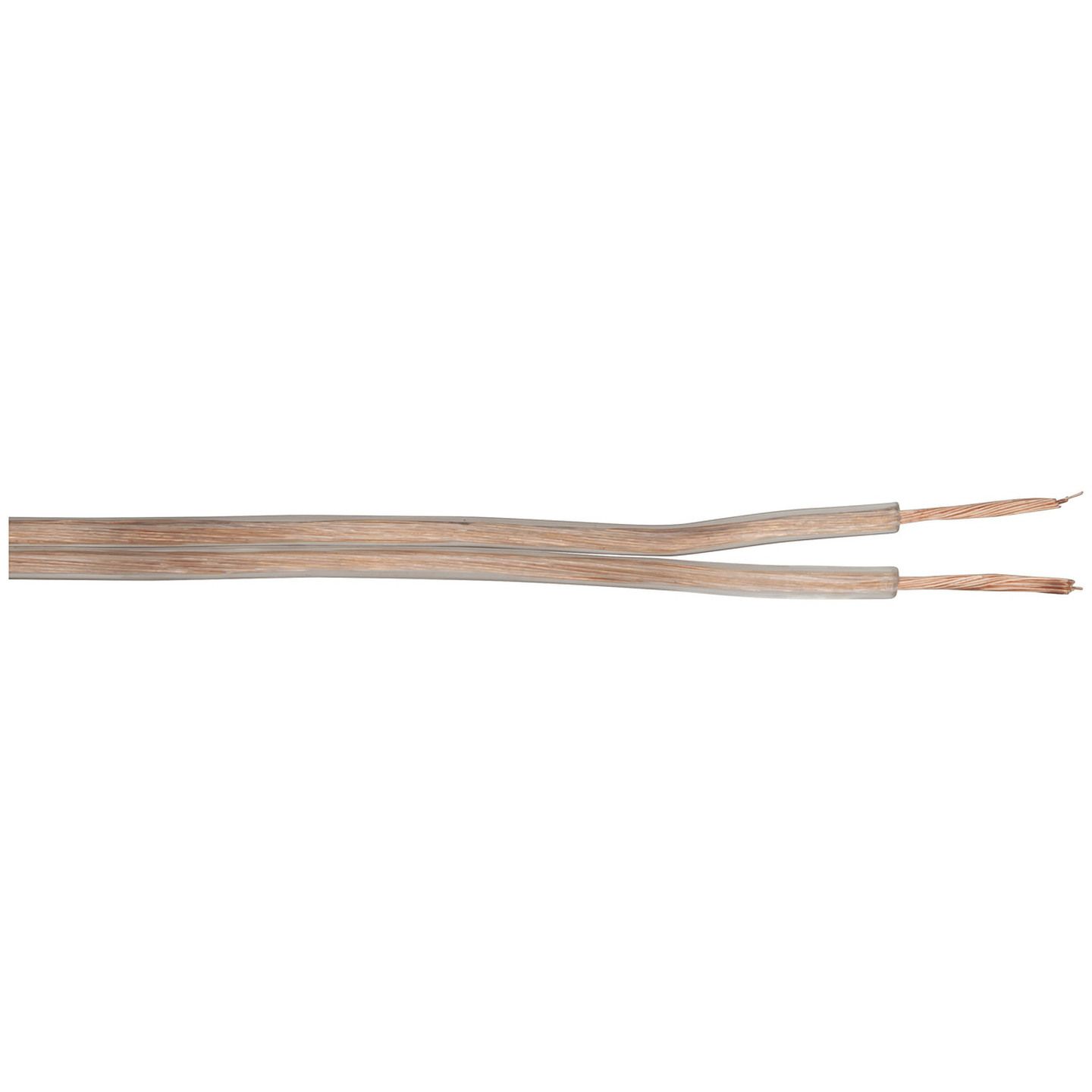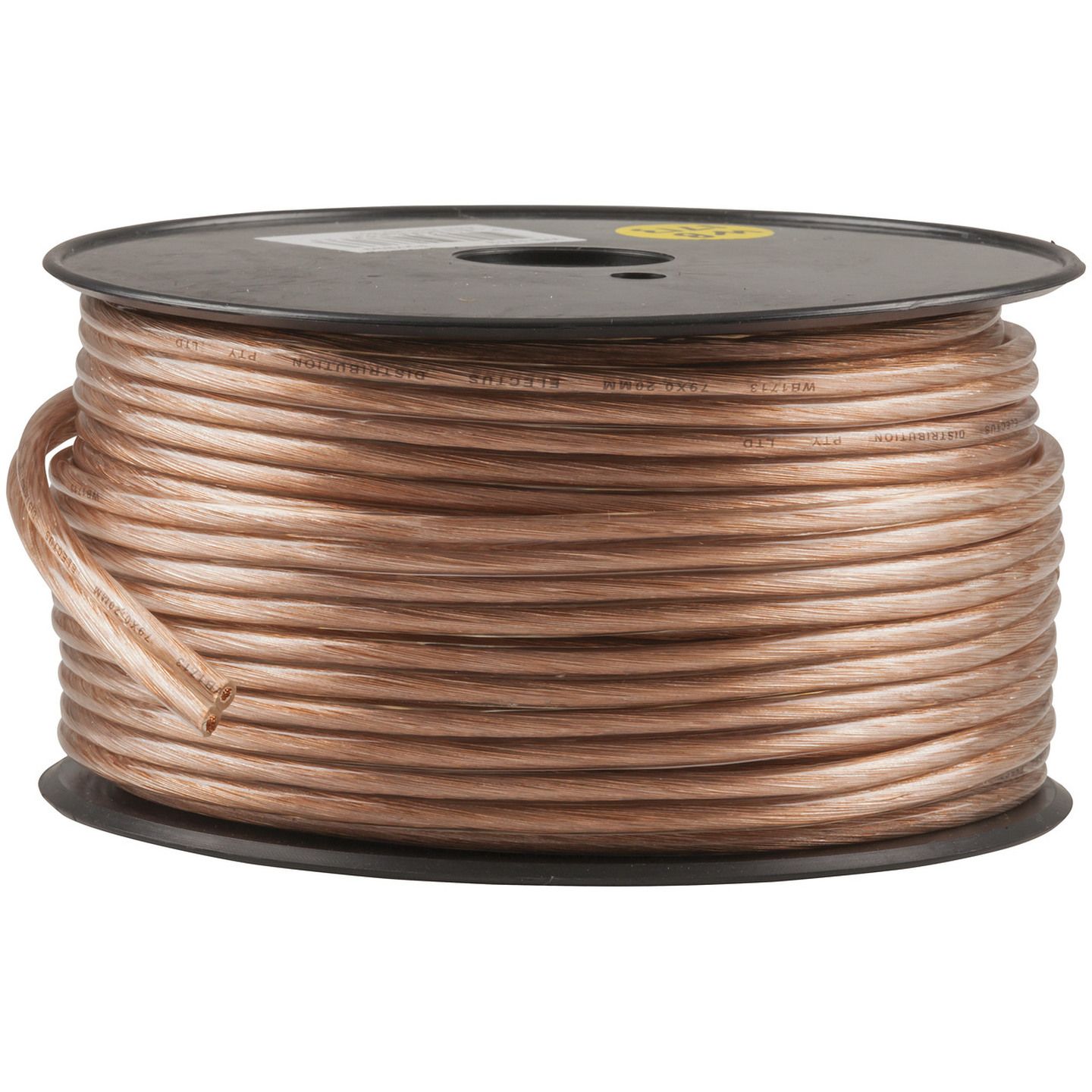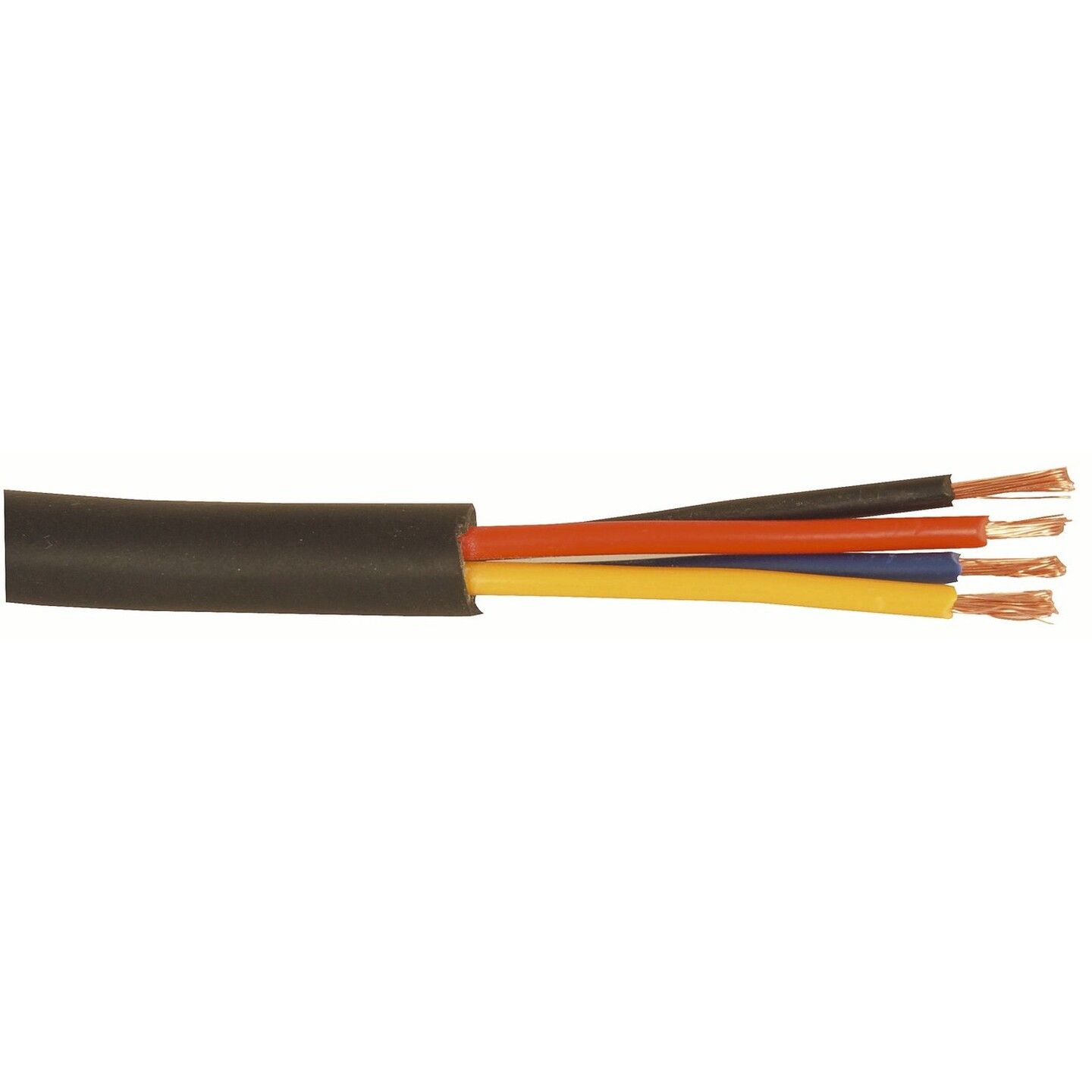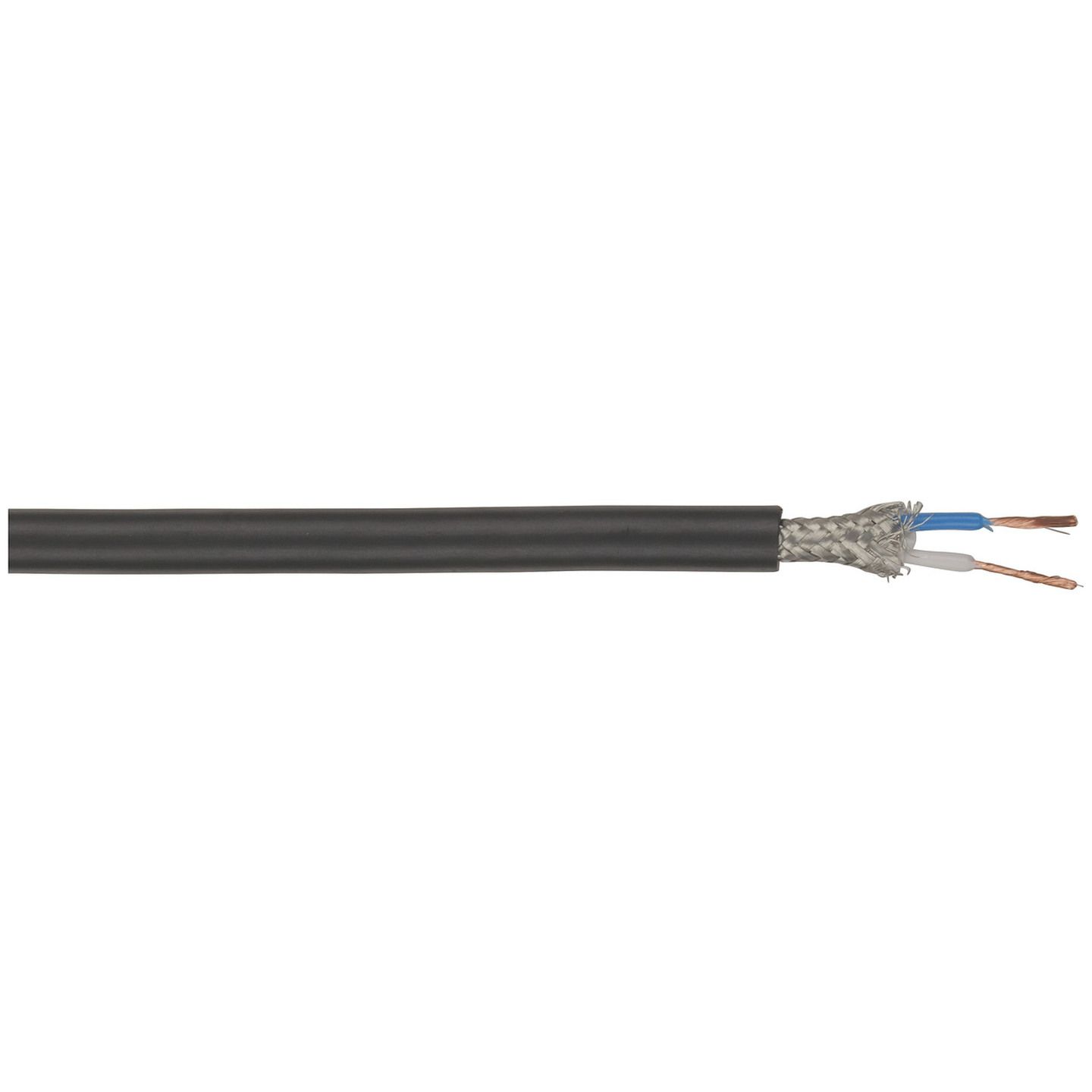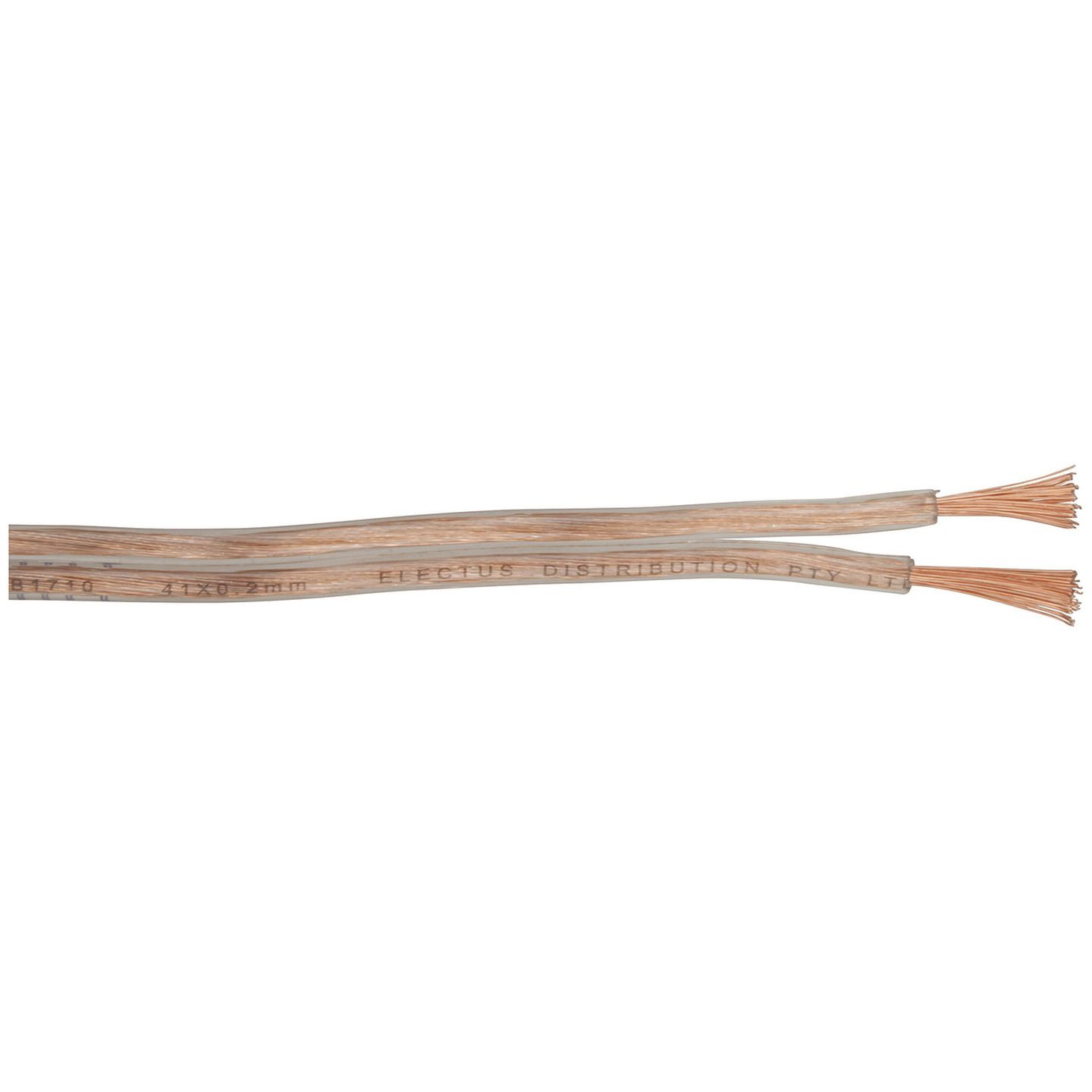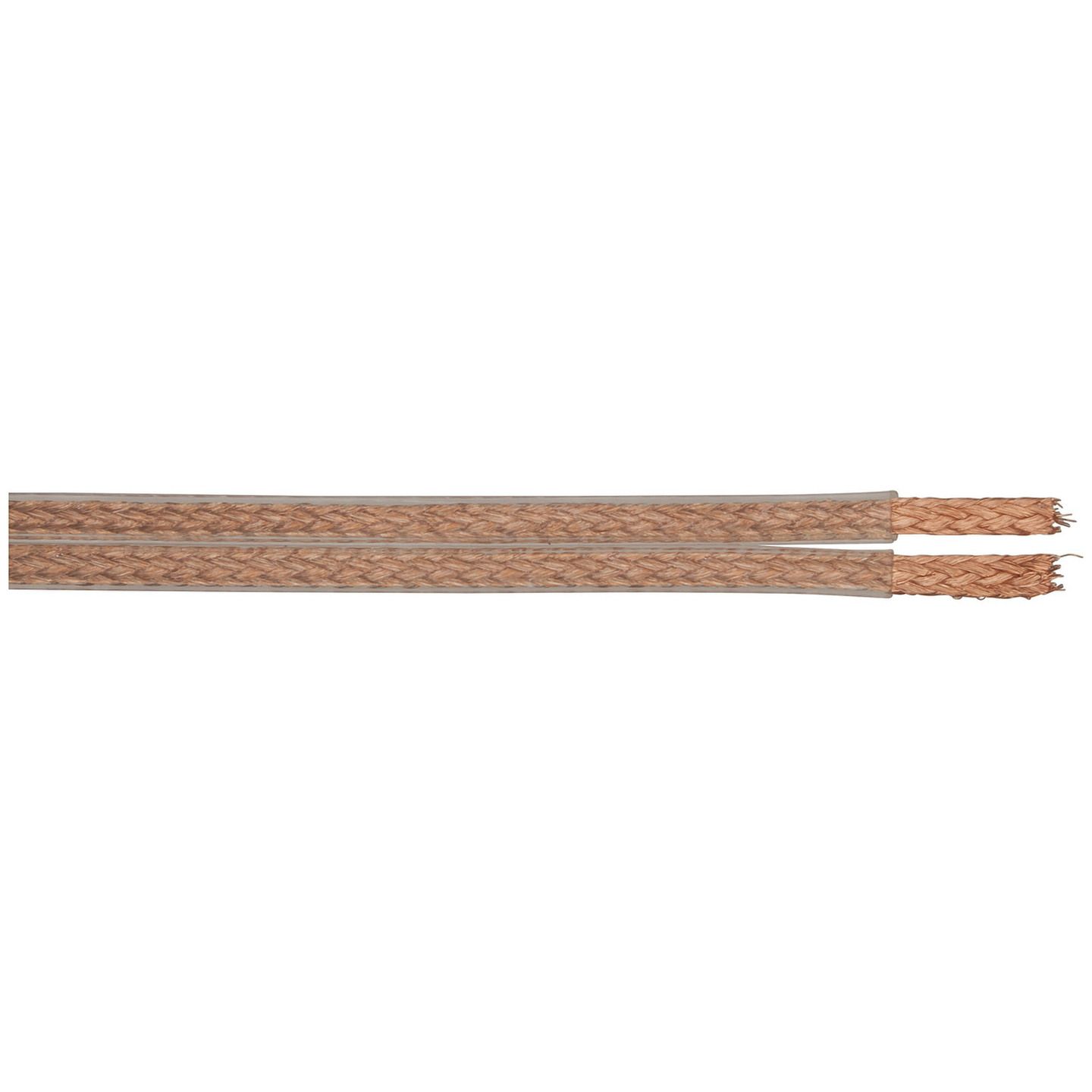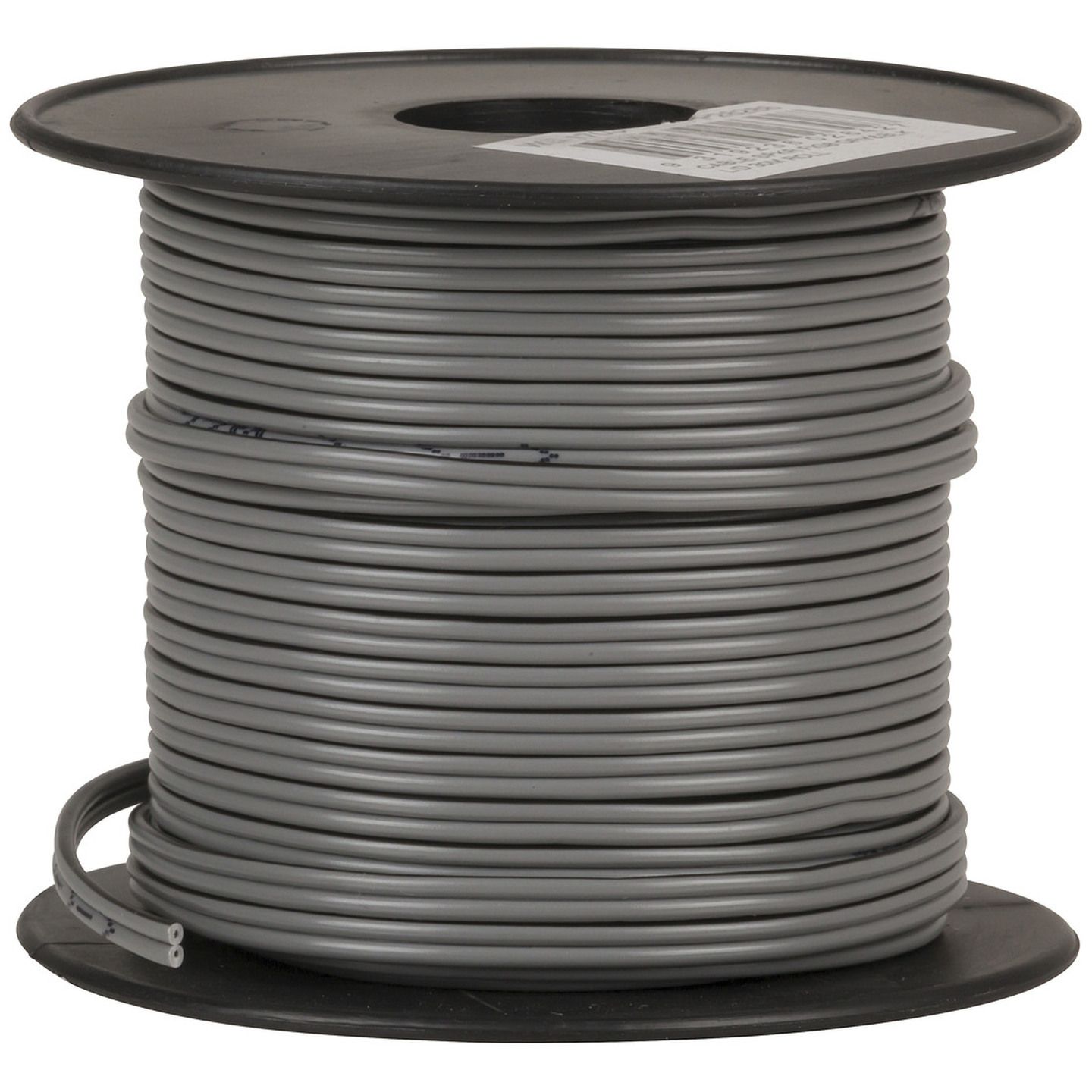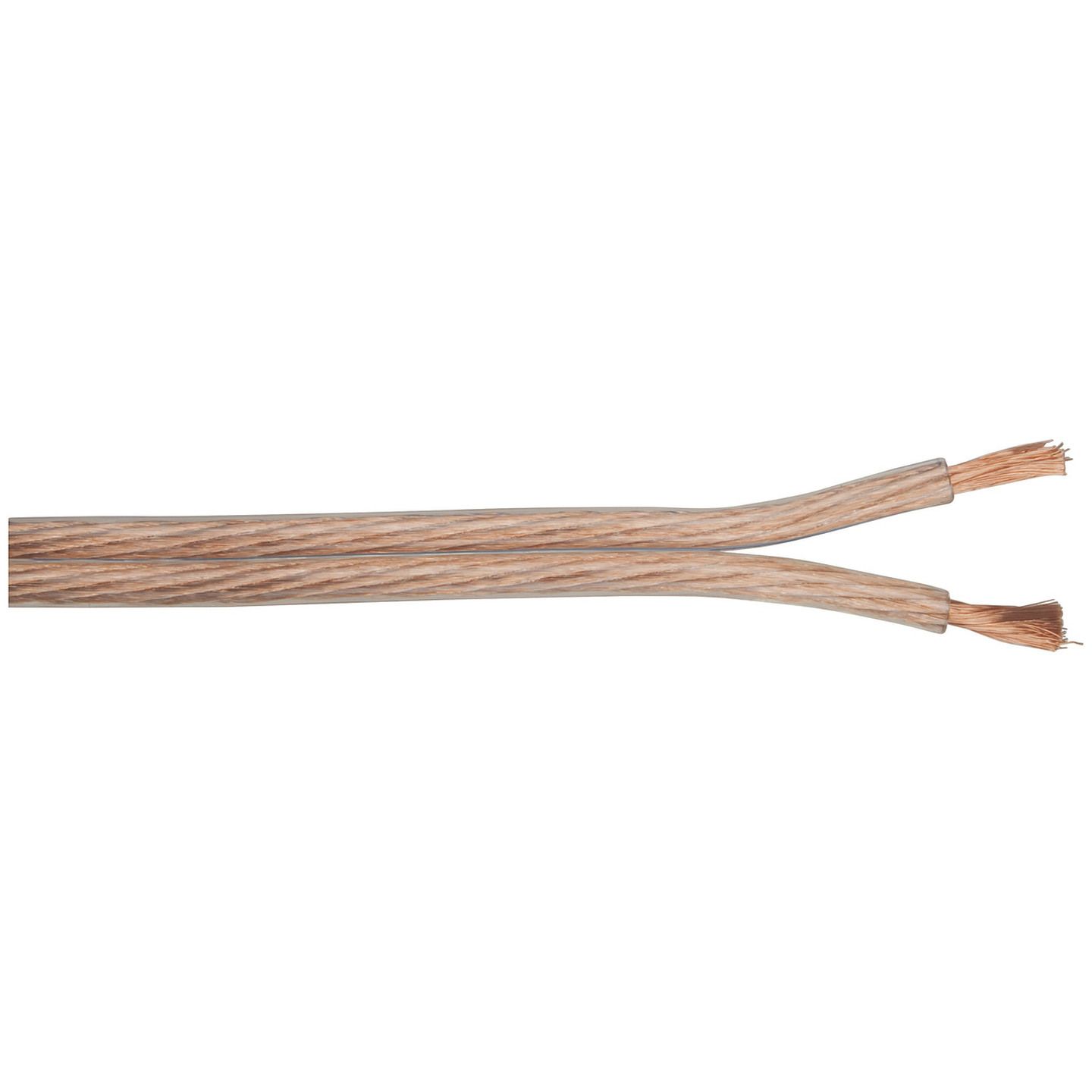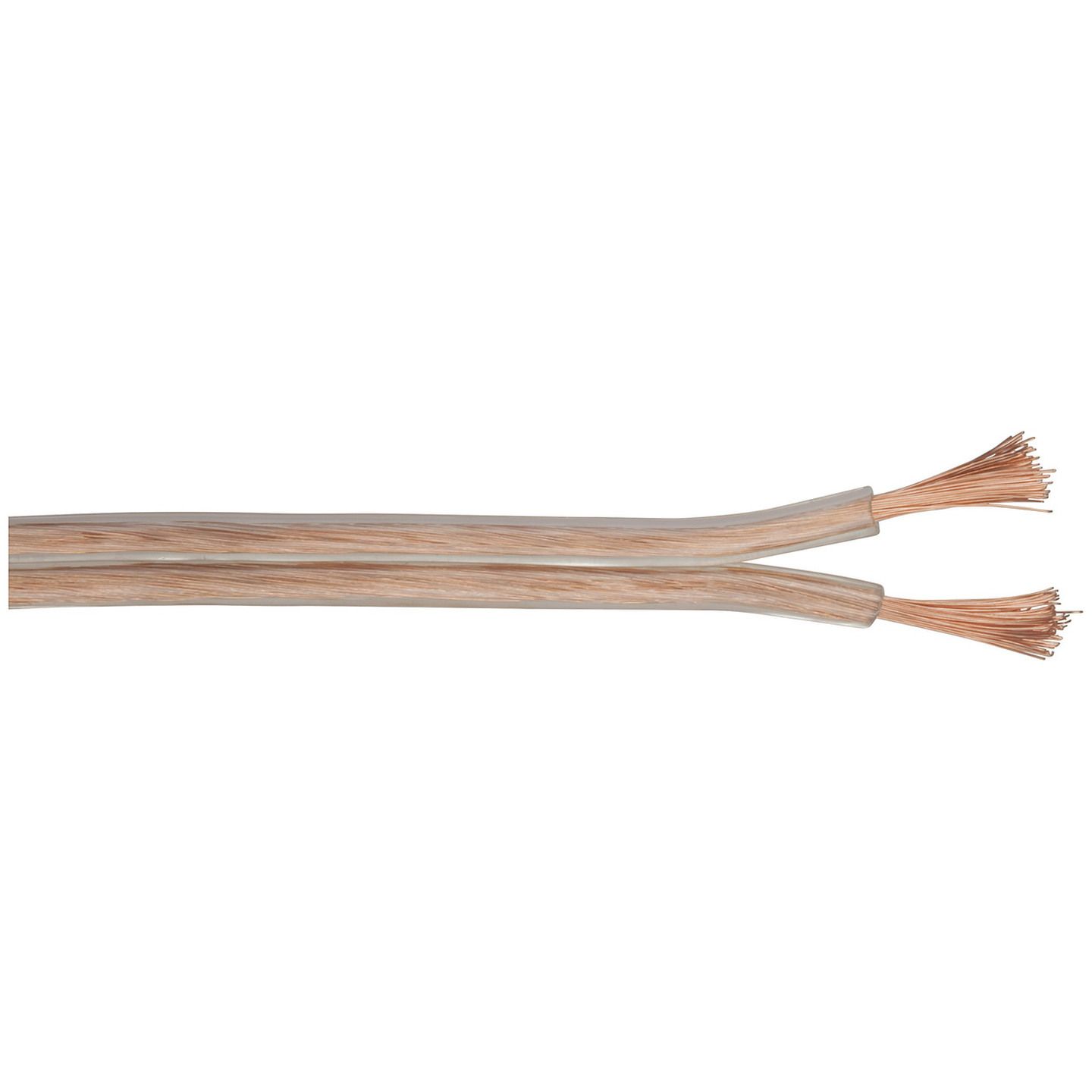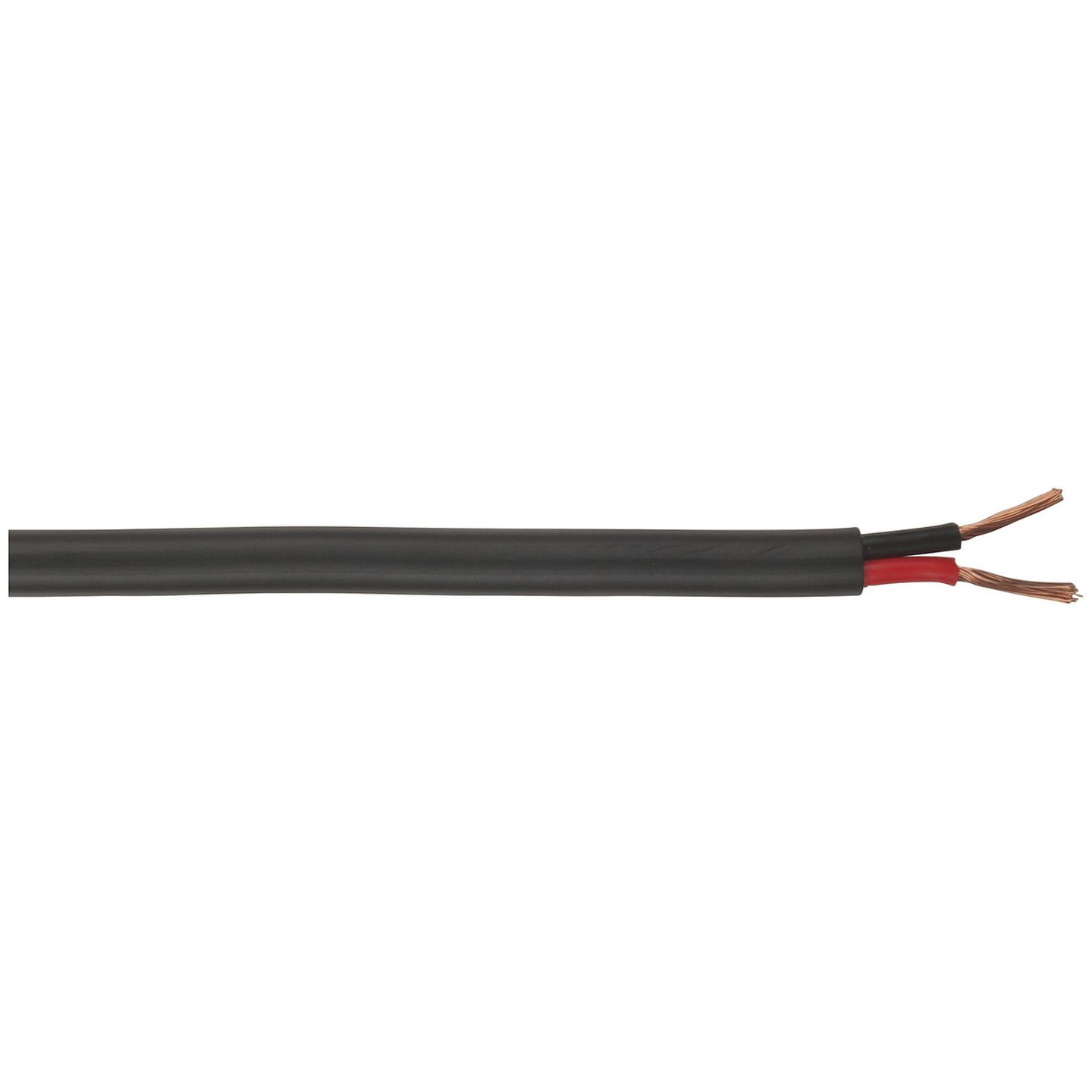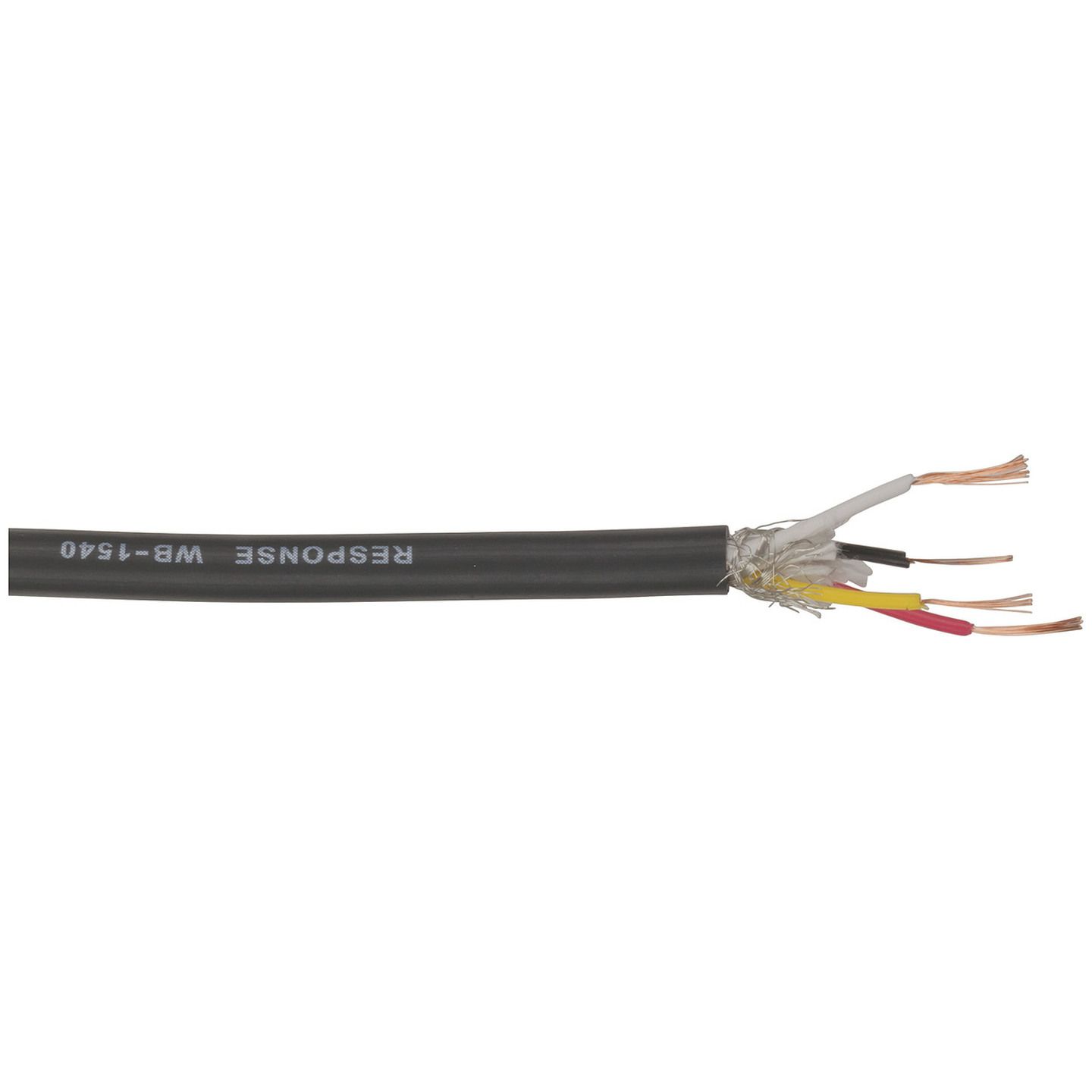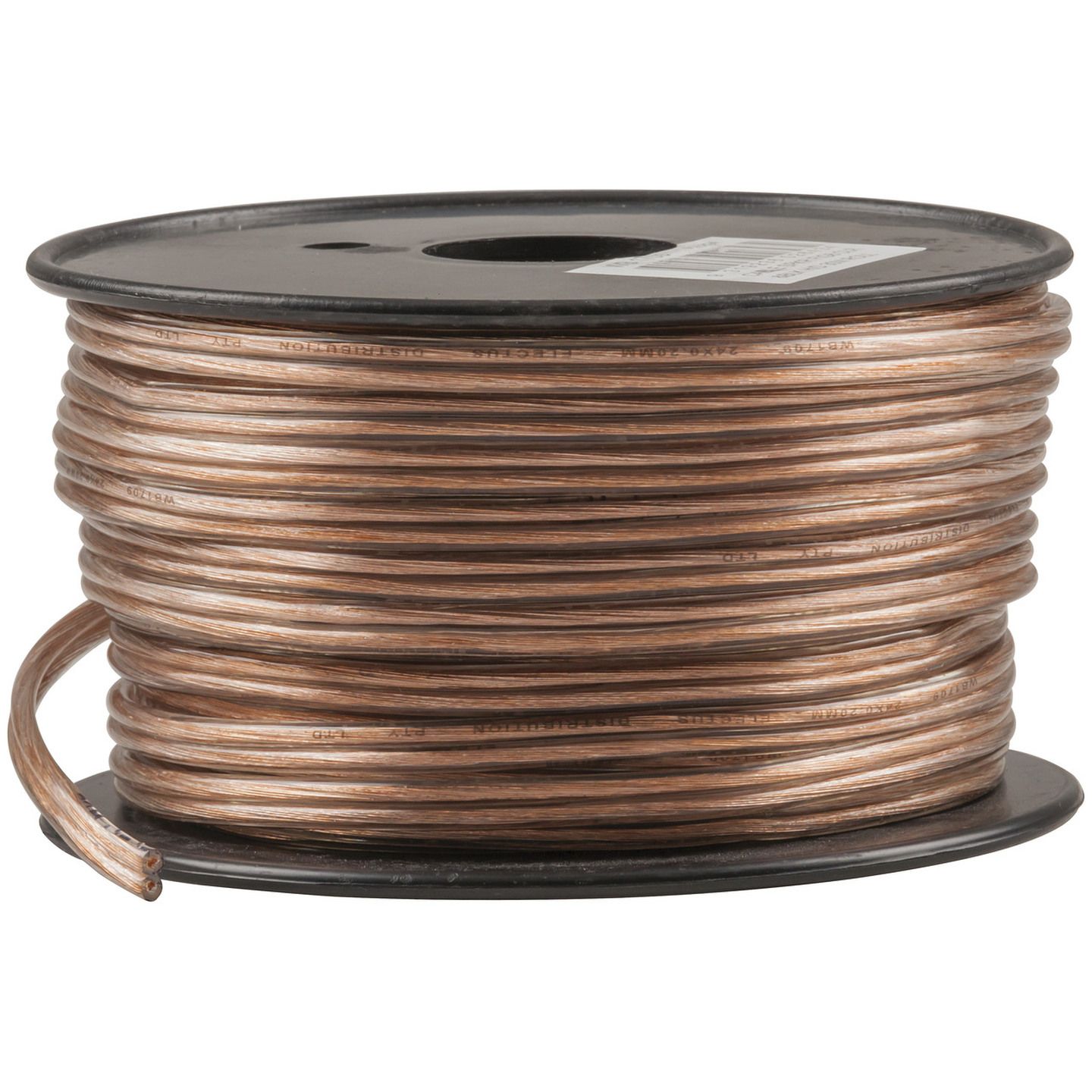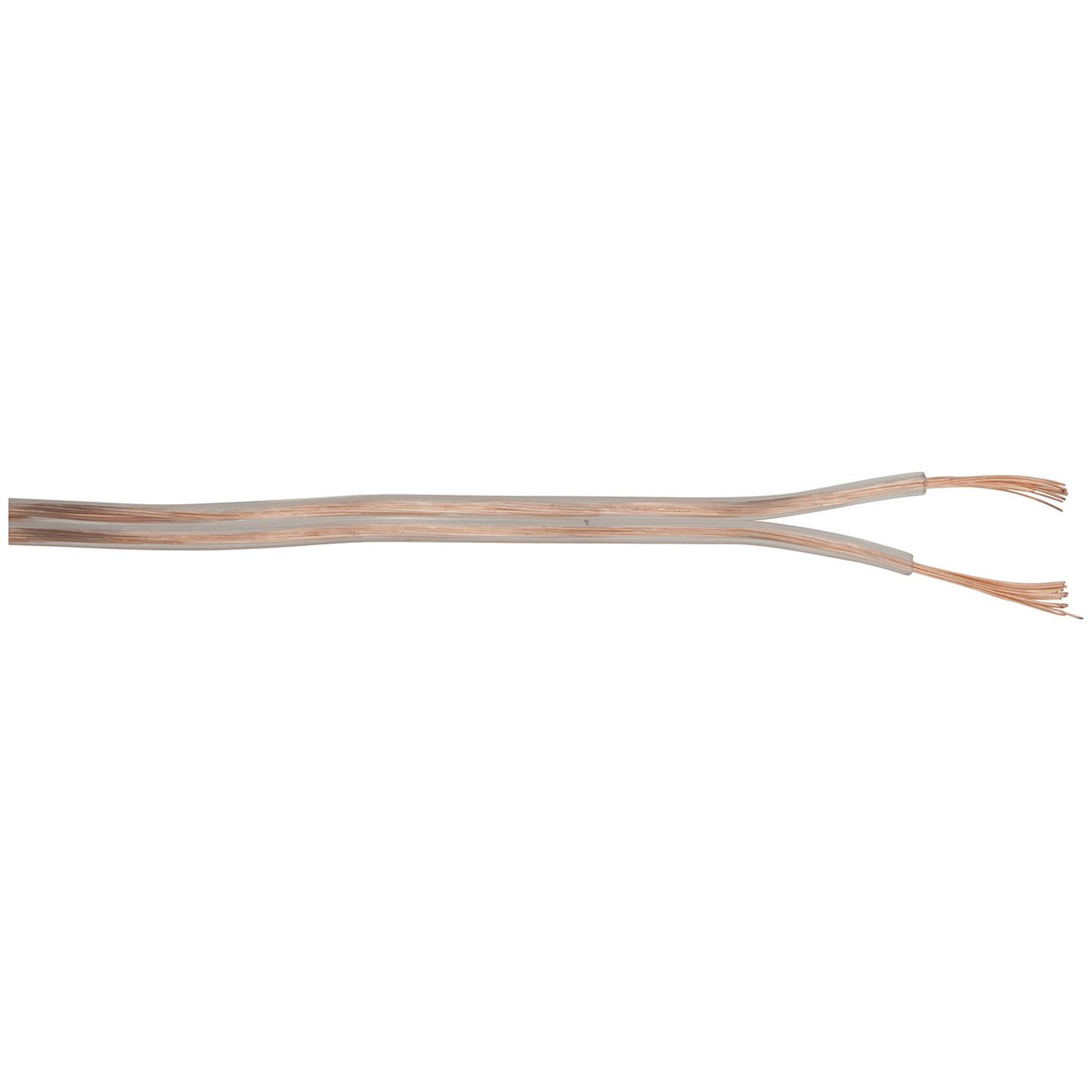Speaker & Microphone Cable
Featured Products
Light Duty Fig 8 Speaker Cable - Sold per metre
CAT.NO: WB1702
Available for delivery
Medium Duty Fig.8 Speaker Cable - Sold per metre
CAT.NO: WB1706
Available for delivery
Heavy Duty Fig 8 Speaker Cable - Sold per metre
CAT.NO: WB1708
Available for delivery
Extra Heavy Duty Fig 8 Speaker Cable 30m roll
CAT.NO: WB1713
Available for delivery
Pro Audio Speaker Cable - 4 Core - Sold per metre
CAT.NO: WB1762
Available for delivery
Available for delivery
Extra Heavy Duty Fig 8 Speaker Cable - Sold per metre
CAT.NO: WB1710
Available for delivery
Flat OFC Speaker Speaker Cable - Sold per metre
CAT.NO: WB1740
Available for delivery
Light Duty Speaker Cable - 30m Roll
CAT.NO: WB1703
Available for delivery
Available for delivery
Available for delivery
Pro Audio Speaker Cable - 2 Core - Sold per metre
CAT.NO: WB1754
Available for delivery
Available for delivery
Heavy Duty Speaker Cable - 30m Roll
CAT.NO: WB1709
Available for delivery
Regular Duty Fig 8 Speaker Cable - Sold per metre
CAT.NO: WB1704
Available for delivery
Microphone & Speaker Cables at Jaycar
When you’re piecing together your audio setup, be it for a home theatre, a professional studio, or just your living room, the right cables will ensure your sound is as crisp and clear as possible.
Jaycar has you covered with an extensive range of microphone cables and speaker wires designed to deliver top-notch audio performance. Whether you’re a seasoned sound engineer or a home audio enthusiast, discover what makes these cables so beneficial for your sound system.
What type of cable do microphones use?
Microphones typically rely on XLR cables, celebrated for their durability and ability to transmit high-quality signals without interference. Featuring three pins, XLR cables provide balanced audio, reducing noise and ensuring your sound is as clean as a whistle.
They're also the go-to choice in recording studios, live performances, and broadcast settings. Next time you’re at a concert, take a peek at the stage setup—those thick, sturdy cables connecting the mics to the mixing board are likely to be XLRs.
Is an XLR cable the same as a microphone cable?
The terms are often used interchangeably because XLR cables are the standard for most microphones. They securely lock into place, so you don’t have to worry about accidental disconnections mid-performance. Besides microphones, XLR cables are also common with other professional audio gear like mixers and audio interfaces. If you’re setting up any serious audio equipment, XLR cables are a must-have in your toolkit.
What cable should I use for my speaker?
When it comes to speakers, you’ll want a dedicated speaker cable. These are built to handle the higher power levels needed to drive speakers effectively. Here’s a quick rundown:
- 14-gauge and 12-gauge speaker wires: These thicker cables are perfect for longer distances and high-power applications, ensuring minimal signal loss.
- 16-gauge speaker wire: Ideal for shorter runs and lower power setups.
Choosing the right gauge depends on how far the cable needs to run and the power requirements of your speakers. Thicker cables (with a lower gauge number) are your best bet for long distances, keeping your sound quality intact.
What do the colours of speaker wire mean?
Speaker wires often come colour-coded to make your life easier:
- Red: Typically indicates the positive terminal.
- Black or White: Usually denotes the negative terminal.
Some speaker cables might have additional colours or markings, but the goal is the same: connect the positive terminal on your amplifier to the positive terminal on your speaker and the same for the negative terminals to ensure your speakers are in phase and producing sound accurately.
For more info and to explore our comprehensive range of cables, check out our speakers & microphones section at Jaycar.


